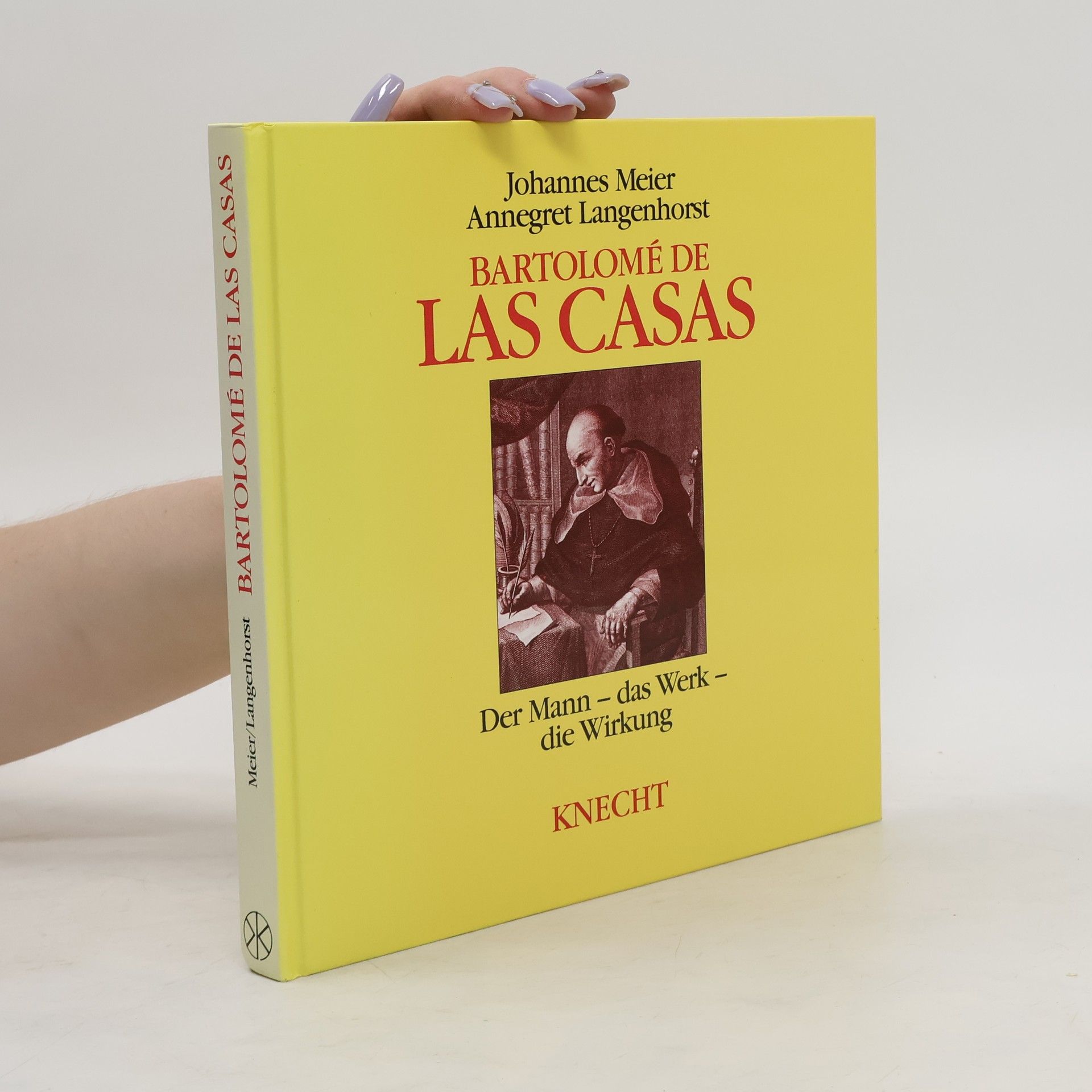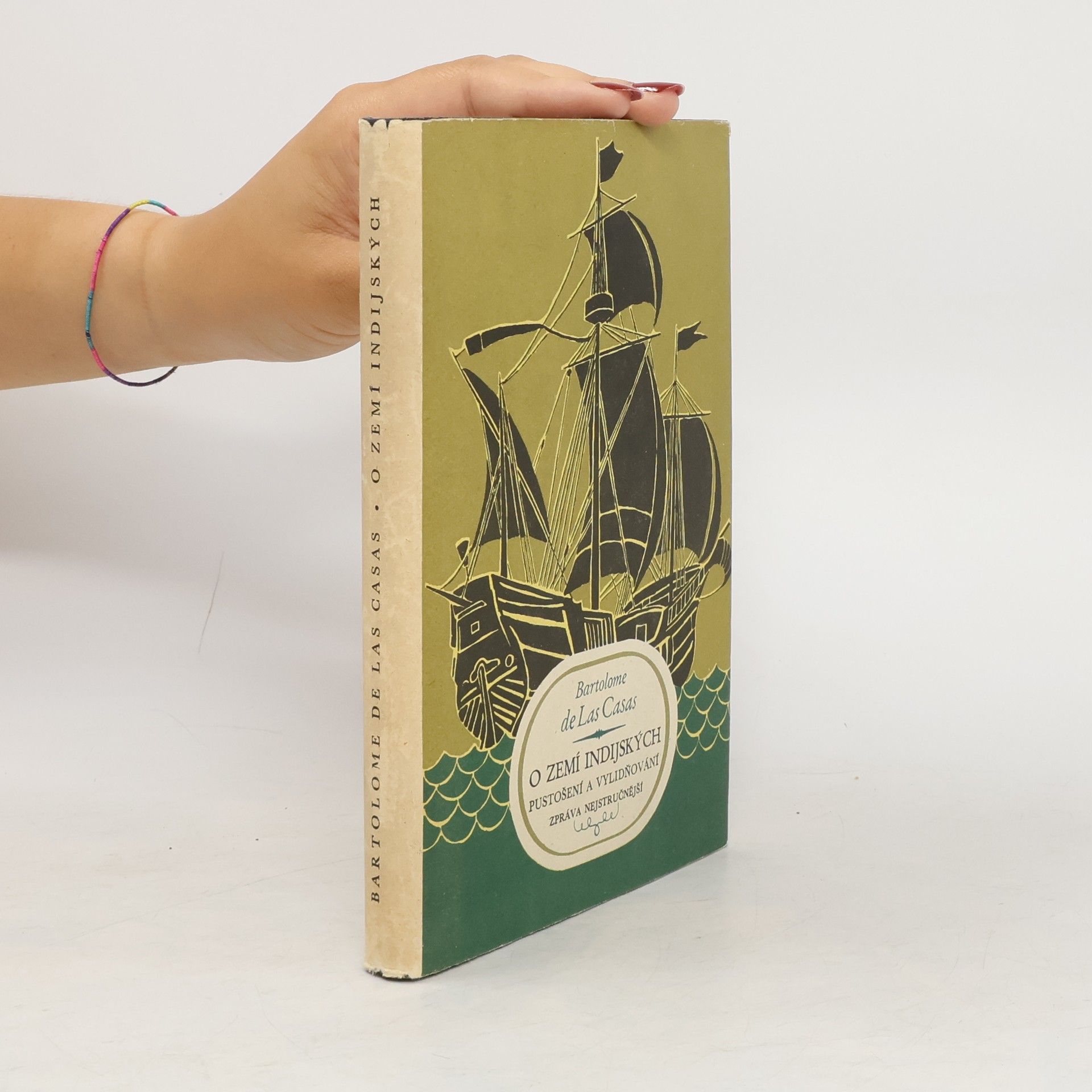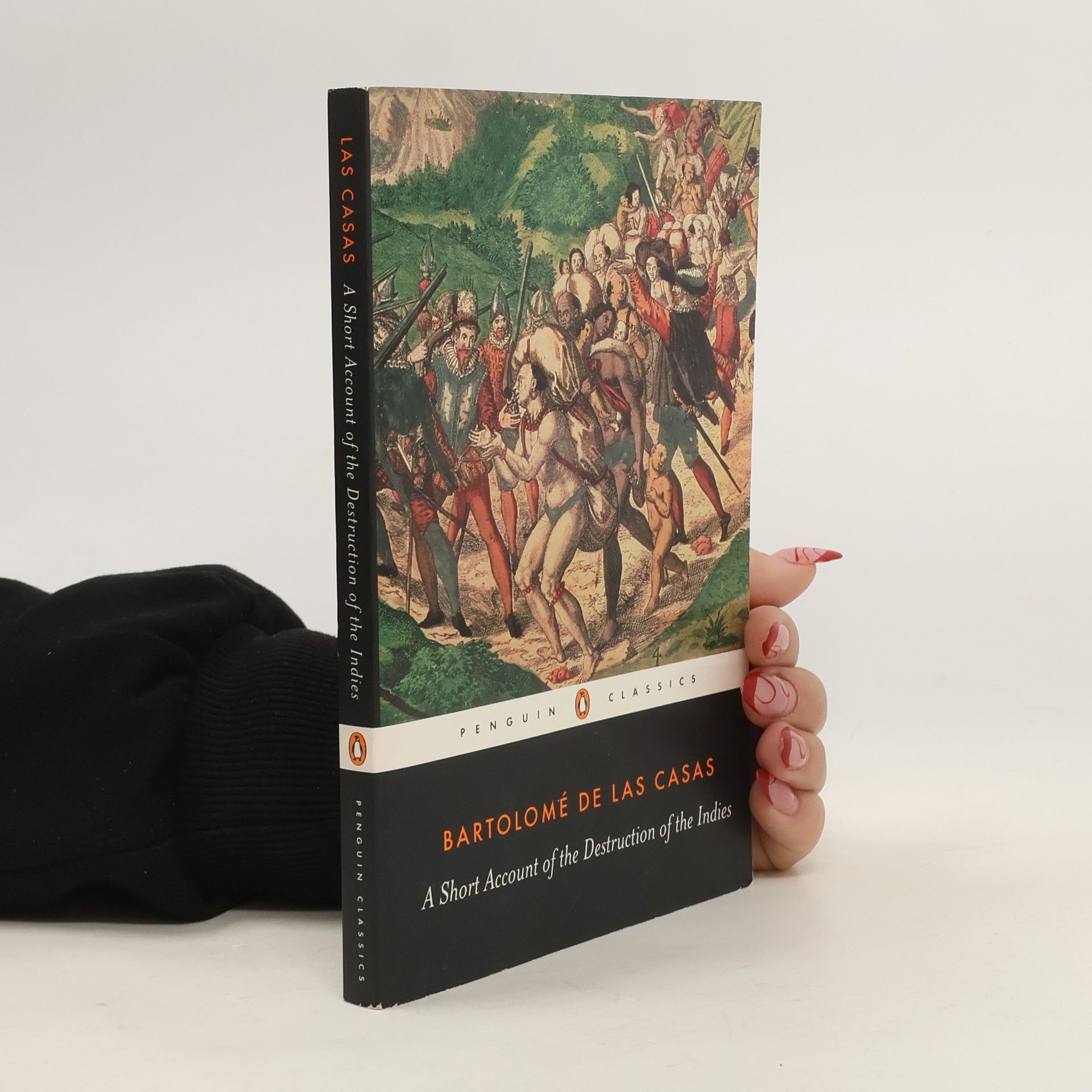Historia: En defensa de los indios
- 279 páginas
- 10 horas de lectura
Bartolomé de Las Casas championed the rights of the Indians in Mexico and Central America, challenging the belief that they were "beasts" meant for enslavement. In a dramatic 1550 debate with Juan Ginés de Sepúlveda, he argued passionately before a royal commission in Valladolid that native inhabitants should be recognized as fellow human beings, skilled in arts and crafts, and capable of learning. His classic treatise on the humanity of native peoples had significant implications for the Spanish Crown and the Church's policies on slavery in the New World. This emotionally charged defense explores just war, intercultural relationships, colonialism, and racism. Written near the end of his career as "Protector of the Indians," it encapsulates the teachings of his life. Now available in paperback for the first time, with a new foreword by Martin E. Marty, this enduring work remains relevant in the twenty-first century. Skillfully translated from Latin by the Reverend Stafford Poole, it serves as an eloquent plea for human freedom, appealing to scholars interested in the Americas' founding and the New World's development.







